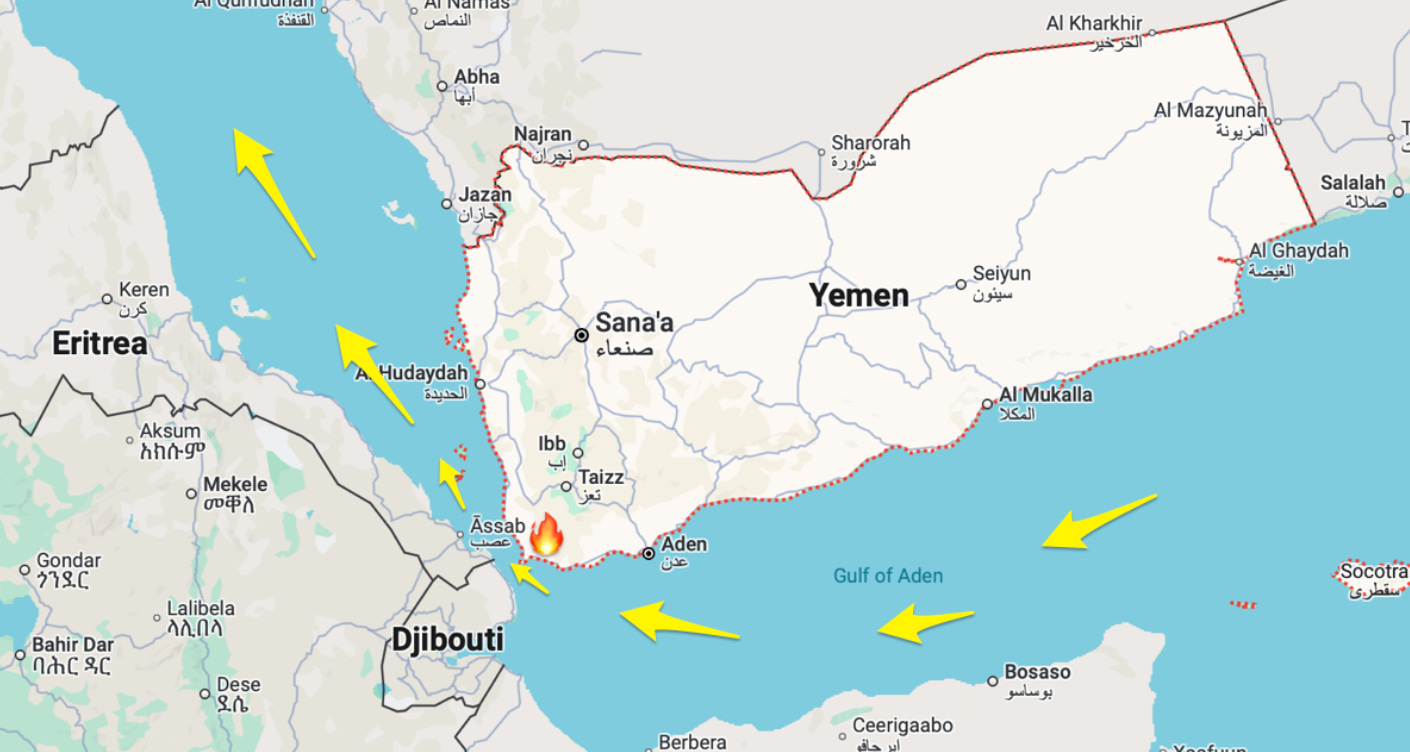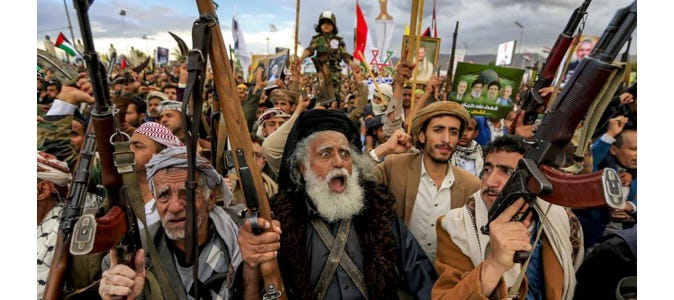why do intersectional progressives support islam
The question of why intersectional progressives support Islam is complex and doesn’t have a single, definitive answer—it’s more of an observed overlap than a formal alliance with a unified manifesto. Intersectional progressivism, rooted in the idea of interconnected systems of oppression (like racism, sexism, and colonialism), often frames its support for Islam—or more precisely, Muslim communities—as part of a broader stance against Western imperialism, white supremacy, and religious bigotry. Here’s a breakdown of the likely reasons, based on patterns in their rhetoric and behavior:
- Anti-Imperialism and Postcolonial Solidarity: Intersectional progressives tend to view Islam as a religion historically oppressed by Western colonial powers—think Crusades, European colonization of the Middle East, or modern U.S. interventions like Iraq and Afghanistan. Supporting Muslim communities becomes a way to oppose what they see as ongoing neocolonialism or cultural domination by the West. It’s less about Islam’s theology and more about its geopolitical position as a "victimized" entity in their narrative.
- Minority Advocacy: In the intersectional framework, Muslims in Western countries are often cast as a marginalized minority facing discrimination—especially post-9/11 with rising Islamophobia, surveillance, and hate crimes. Progressives see defending Muslims as consistent with their mission to protect any group they classify as oppressed, alongside racial minorities, LGBTQ people, or immigrants. The focus is on systemic power dynamics, not necessarily the specifics of Islamic doctrine.
- Rejection of Christian Hegemony: Many progressives, particularly in the U.S. or Europe, associate Christianity with historical power structures—slavery, patriarchy, or conservative politics. Islam, by contrast, gets positioned as a counterpoint to that dominance, even if its own conservative elements (like gender roles or attitudes toward homosexuality) might clash with progressive ideals. It’s a strategic "enemy of my enemy" stance rather than a deep ideological alignment.
- Critique of Secular Liberalism: Some intersectional thinkers argue that secularism itself is a tool of Western oppression, forcing non-Western cultures (including Islamic ones) to abandon their traditions. Supporting Islam—or at least not criticizing it—becomes a way to signal cultural relativism and resist universalist assumptions about "progress."
That said, there’s tension here that doesn’t always add up. Islam, as practiced in many contexts, can be socially conservative—strict gender norms, opposition to abortion, or intolerance of blasphemy—clashing with progressive priorities like feminism or queer rights. Critics (often from the right or center) point out this contradiction, accusing progressives of selective outrage or hypocrisy. Progressives might counter that their support isn’t for Islam’s tenets but for Muslims as people facing structural injustice, sidestepping the ideological conflict.
Evidence for this dynamic shows up in activism—like the Women’s March in 2017, where progressive organizers prominently included Muslim voices (e.g., Linda Sarsour) to highlight solidarity against Trump-era policies like the travel ban. Or look at academic discourse: intersectional scholars like Kimberlé Crenshaw or Judith Butler often frame critiques of Islamophobia as tied to broader anti-racist, anti-imperialist goals, even if they rarely endorse Islam itself.
So, it’s not really "support for Islam" in a theological sense—it’s more about leveraging Islam’s cultural and political position to advance a worldview that prioritizes dismantling Western power structures. Whether that’s coherent or sustainable is up for debate. What do you think—does this alliance hold water, or is it just pragmatic posturing?




